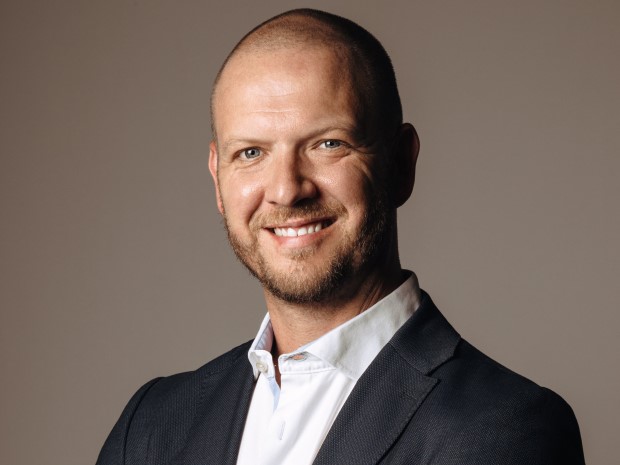
What were you doing before studying LSE’s Executive Master’s in Social Business Entrepreneurship (EMSBE) in 2018?
Prior to studying at LSE, I ran a social media agency in South Africa called Cerebra. This was launched in 2005 and offered a specialist focus on digital content and engagement. The agency was one of the first of its kind in South Africa, as social media was still a relatively new communications channel at that point. It was a really exciting opportunity for brands and organisations to engage with digital content for the first time! We managed to win several high-profile multinational clients, including Coca-Cola, Samsung, Toyota, Vodafone and Google.
In 2013, Cerebra was acquired by WPP, a British multinational communications, advertising, public relations, technology, and commerce holding company headquartered in London, England.
What made you choose the EMSBE programme?
I had wanted to pursue a master’s for a long time but had never had the time whilst I was running Cerebra. I decided this was my next move and wanted to ensure I found the right programme for me. I did my research into the Executive Master’s in Social Business Entrepreneurship at LSE and thought it suited me very well.
The programme is multidimensional in its approach to business, looking at the intersections between profit and social impact. It is designed to allow people from a huge variety of entrepreneurial backgrounds to learn from each other as well as the professors. The programme is highly collaborative and flexible and provokes you to really think about the types of leadership that are needed. I couldn’t find another institution that offered the same kind of nuance as the EMSBE.
In addition to that, London is somewhere that is very close to my heart. I have spent a lot of time there over the years and have always loved it!
What did you learn from the programme and how have you applied these lessons to your business ventures since?
You know how they say: “if you're the smartest person in the room, you're in the wrong room.” Well, I certainly felt like I was in the right room!
I felt confident offering perspectives and insights from my own business journey and experiences, as did everyone else in the cohort. I quickly realised that for such a long time, I had been thinking about entrepreneurship as a one-dimensional subject. I developed a sincere appreciation for the multitude of sectors and industries that make the world work.
The programme allowed me to explore the interplay between social impact and business for profit. It occurred to me that prior to studying, I didn’t possess the vocabulary necessary to have conversations about such a complex and nuanced subject. As well as some amazing friendships, the programme also gave me the elevated capacity to engage with other industry professionals and have meaningful discussions on the topics of leadership and social impact.
Being in-between full-time work at the time, I view the EMSBE as a sort of buffer between my career of the past and my career of the future. The programme has had a huge impact on how I have approached and designed my businesses since. My new company, Beyond Binary, helps business leaders understand complex technological ideas and trends for better decision making with regards to digital and cultural transformation.
I am utterly convinced the world needs a new brand of leaders, whether that is in politics or business. I would like Beyond Binary to be the organisation that companies turn to when they want to define their leadership style.
How has the pandemic affected our understanding of digital transformation?
The pandemic has shined a magnifying glass on the key business trends that have slowly been taking place over the last few years. But the onset of COVID-19 has also put those trends into a pressure cooker and forced changes – that would usually take years to be implemented – to be applied in a matter of weeks!
Essentially, COVID-19 has taken everything we assumed we knew about business and broken it, with new perspectives on productivity, workflow and staff wellbeing emerging to the forefront of conversations. Leaders have been forced to think differently about their organisations and take a far more systemic view of work. In addition, a shift in thinking about employee outputs has led industry leaders to be a lot more creative when it comes to workplace culture.
What advice would you give to current students studying the EMSBE?
I would advise students to take full advantage of the connections you make on the programme. The programme is carefully crafted to include a diverse cohort of high-quality entrepreneurs and breaks assumptions about how you do, and should, think about the world.
Wednesday 20 January 2021